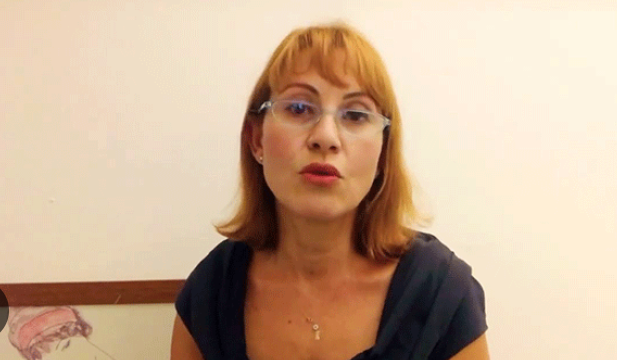There is a surprise improvement in domestic and external demand conditions, but consumer confidence is in trouble
The expectation from the interest rate increases of major central banks and the subsequent CBRT interest rate increases is to slow down economies and therefore reduce the rate of inflation by easing domestic demand. While the strength of the US economy continues to surprise the Fed, data from TURKSTAT and CBRT suggest that there is a new recovery in domestic demand in Turkey, which bodes ill for inflation and current account deficit targets.
Seasonally adjusted consumer confidence index decreased by 1.3% in February compared to the previous month. The index, which was 80.4 last month, fell to 79.3 this month. The value of the sub-index regarding the current financial situation of the household compared to the previous 12-months, could not get out of the “pessimistic” zone falling slightly from 67.2 in January to 67.1 in February.
The sub-index regarding the financial expectation of the household in the next 12 months also decreased by 1.6 percent to 78.2. While the sub-index reflecting the opinion on the current economic situation compared to the last 12 months increased by only 0.8 percent to 52.2, still painting a picture of deep pessimism about economic conditions.
The index regarding the general economic situation of the country in the next 12 months decreased by 3.4 percent to 74.6. The sub-index regarding the expectation of the number of unemployed people in the next 12 months increased by 3.4 percent compared to the previous month and reached 76.5.
Declines in consumer confidence preceded defeats by ruling party
The decline in consumer confidence before the election is important. Data for previous periods point to a certain relationship between election results and consumer confidence level. In general, when the Consumer Confidence Index is close to 100 or on the rise during the election month, results favor the ruling parties, and when it is well below 100 or in decline, the opposition has a better chance for an upset.
For example, the Consumer Confidence Index was at the peak of the last five years at 91.1 in May 2023. General economic conditions and the details of the index hinder the expectation of a significant recovery in consumer confidence in March.
Capacity Utilization Rate increased by 0.6 points monthly, seasonally adjusted, to 77%
The undoing of the effects of the factory holiday in the automotive sector last month was effective in this increase. On the other hand, monthly improvement in the clothing and textile sectors, which have been weak for a long time, also contributed to the increase, offering a glimpse of hope for exports and employment.
The down trend in the Real Sector Confidence Index (RKGE) continues on a seasonally adjusted basis
The index decreased by 0.9 points to 102.0, falling to the lowest level since December 2022. Although the index remained above the 100 threshold value implying optimism, it fell 1.5 points below its historical average, indicating that the relatively pessimistic outlook in the manufacturing industry continued. The decline in production volume and fixed capital expenditures for the next 3 months was at the forefront of the monthly decline of the index, suggesting higher rates and reduce access to credit is already hurting capex, which was on a tear in 2022-2023.
While the increase in service and construction sector confidence indices continues in the Sectoral Confidence Indices (SGE), the all-important retail sector confidence index has been declining for the last two months. The Service Sector Confidence Index rose above its historical average again, albeit limitedly. The strong recovery in business volume and demand-related sub-indices stands out as the driver of the increase. Future business volume expectations have also been increasing in the last two months. Since services inflation is the hardest item to combat, this development ought to give Central Bank another reason to worry.
On the other hand, questions regarding employment limit the increase in the index.
Follow our English language YouTube videos @ REAL TURKEY: https://www.youtube.com/channel/UCKpFJB4GFiNkhmpVZQ_d9Rg
And content at Twitter: @AtillaEng
Facebook: Real Turkey Channel: https://www.facebook.com/realturkeychannel/
